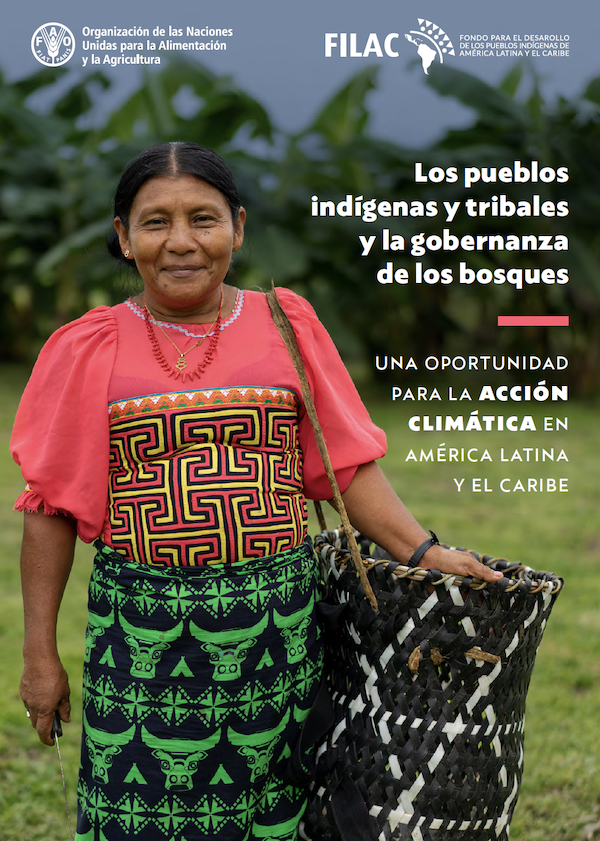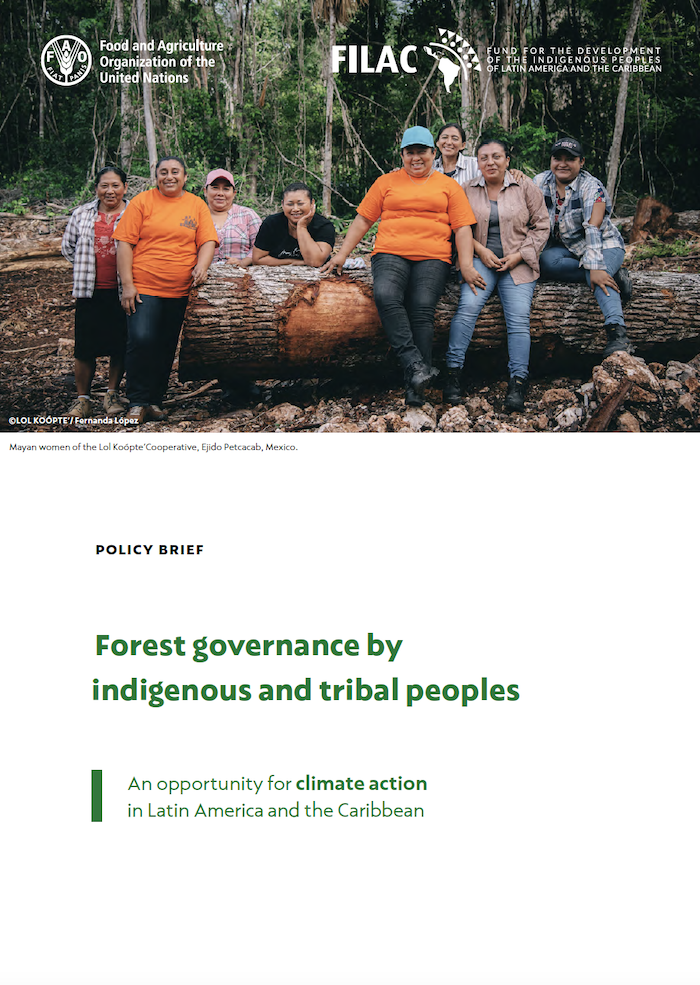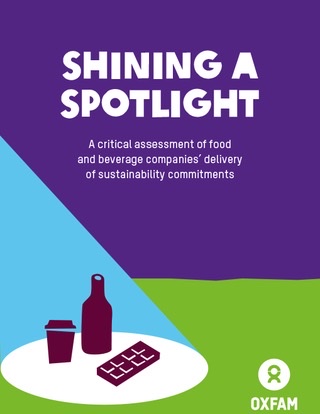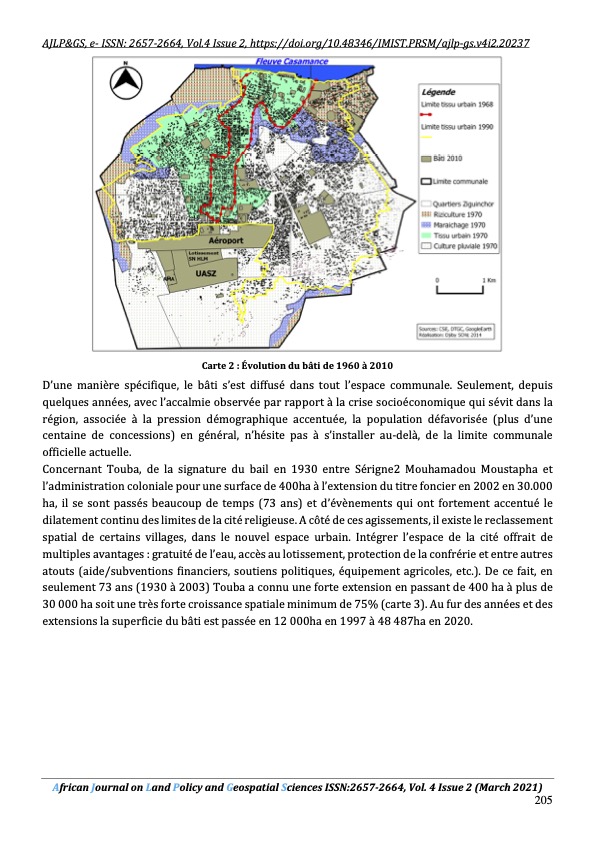Land, Women, Youths, and Land Tools or Methods
The importance of land manifests in various components of the everyday lives of people insocieties: cultural heritage, livelihood, the environment, economy, and community, among manyothers. Land is a factor of development. It is the most influential determinant of developmentbecause women, youths, and men (and households) depend on it for their livelihoods and formaintaining their living conditions in urban, peri-urban, and rural areas.









